Cecilia Malmström is the Commissioner for Trade in the current European Commission. Before that, she was the Commissioner for Home Affairs.
This is a big step forward, but we must not stop here. Every EU leader must look hard at what they can do to continue this progress.
It is a well-established fact that international trade brings prosperity. It is equally well-known that the gains from trade are not always spread evenly.
In recent years the EU has completed deals with some of the world’s biggest economies. Since 2014, agreements with 15 countries have entered into force, including Japan, Canada and many more. Companies and their workers in the EU benefit from being part of what is now the world’s biggest trade network.
Nevertheless, it seems that some citizens are benefitting more than others.
Our research says that 36 million jobs in Europe are linked to EU exports. But of those 36 million, only are 37% are women. Why?
EU studies also show that jobs linked to exports usually pay 17% more on average for men. But for women this ‘export wage premium’ falls to 13%. It still pays for women to trade, but it pays less than it does for men. Why?
Armed with this data, I will today host the EU’s second international conference on trade and gender, called ‘Trade for Her’. We will be tackling these questions and more, bringing together international experts, governments, business people and NGOs to discuss why women are not benefitting from international trade as much as men, and what we can do to address this gap.
Obviously this issue goes way beyond the EU: women in developing countries face different challenges to those in Europe. Our work needs to have a global perspective, which is why we have invited participants from all over the world.
There is a strong economic rationale for women’s economic empowerment: according to a report by McKinsey it could add up to $28 trillion to global GDP by 2025. Giving women access to the things they need to do business – land, capital, opportunities – boosts economic growth.
Not only that, but according to OECD and other experts, women tend to invest more back in their communities – in things like their children’s nutrition and education.
Since the last conference in 2017 we haven’t been twiddling our thumbs. The EU has put in place the foundations of what a progressive trade and gender policy might look like. Priority number one has been to get relevant data. Alongside the figures above, we will today unveil a new report from our partners at the International Trade Centre (ITC),
Amongst other insights, the ITC report highlights that women are more likely to work in smaller companies than men. Smaller companies need more help to access foreign markets because they don’t often have the resources to deal with the complicated paperwork.
Our recent deal with Japan has simplified this red tape enormously, and contains a whole section dedicated to helping small and medium-sized companies make the most of it. We now include dedicated SME chapters in all our trade agreements.
Furthermore, we now look at gender in all of the impact assessments that we carry out, and we put binding commitments on gender equality in our most recent bilateral deals.
At the international level, we signed the Declaration on Trade and Women’s Economic Empowerment at the World Trade Organization. Altogether 121 members have pledged to do what it takes to increase women’s participation in trade.
All this is a good start, but more needs to be done.
We are not naïve enough to say that we will find all of the solutions at our conference today. International trade is one piece of a larger puzzle. In the future, work must focus on a whole range of factors, including education, access to finance and social attitudes to women to name just a few.
Why did so many of us call for a gender-balanced Commission? It wasn’t just for the sake of it. It is because women make up half of society and there is a lot of talent out there that is being wasted or ignored.
If all goes well in the hearings this week, the new President will have 12 talented female Commissioners at her disposal. This makes the Commission more representative of wider society and I firmly believe it will lead to better decision making, which is good for all of us.
The same principle applies to the global economy. It is not just women missing out; we all are. International trade can and must be a part of the solution.






